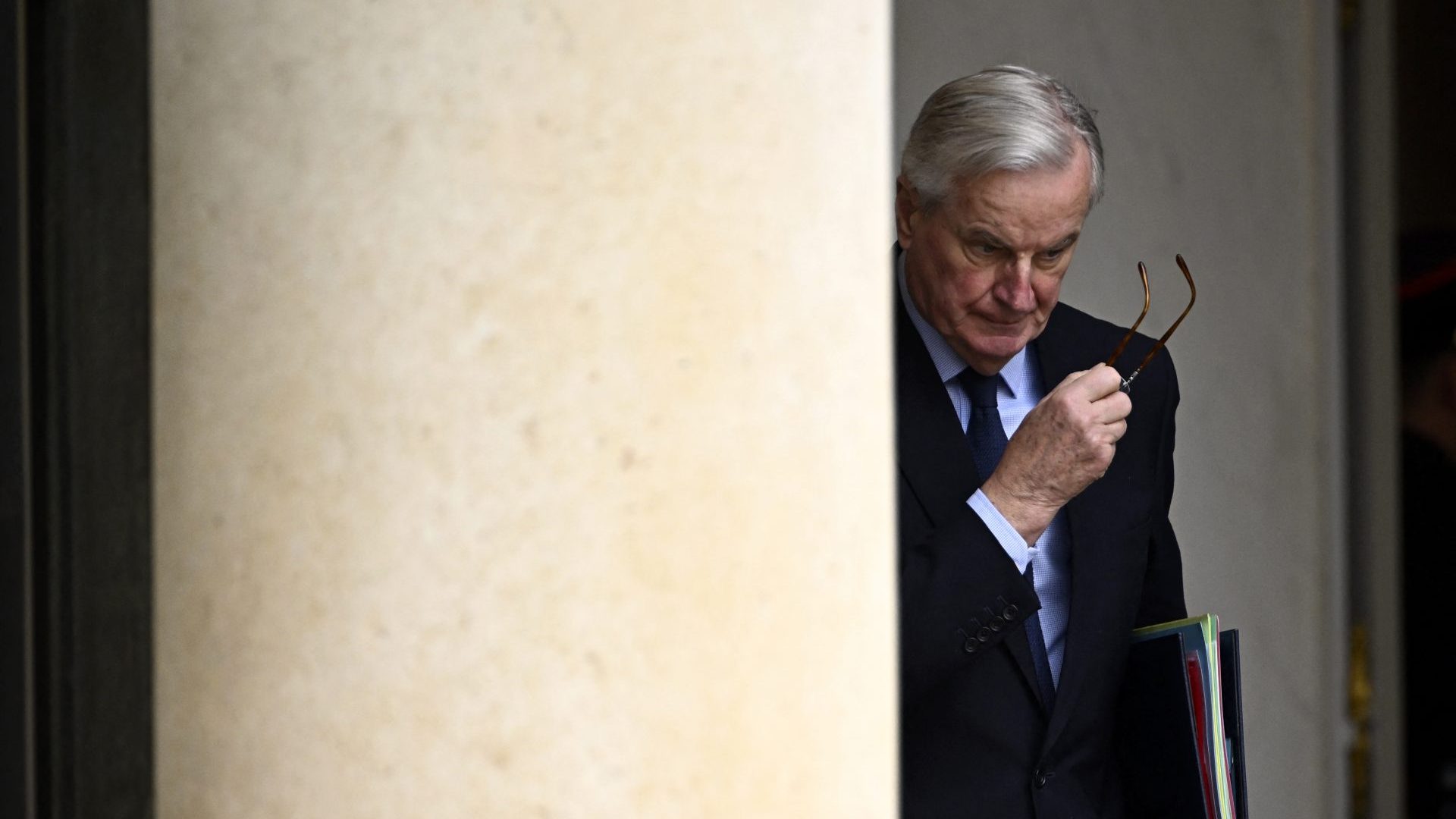When your own government is warning that it is at risk of a Greek-style debt crisis, you know things are bad. Or you know that you are in France.
Okay, it is true that the French are having a budgetary crisis. But it is nowhere near the position that the Athens government found itself in as the 2010s began and it founding itself borrowing at 16%, struggling to find the cash to keep the state functioning from one day to the next and ultimately having to introduce harsh and deeply unpopular reforms because it needed bailing out by the eurozone.
The French government is borrowing far too much and living beyond its means. It has done that for years and got away with it in the past because of high growth – or at least high enough growth.
Yet this year, growth is expected to be just 1.1% and would have been even worse but for the very successful Paris Olympics, which boosted tourism. This is bad news for a government that expects to have to borrow 6.2% of GDP this year, when the Eurozone target is 3% maximum. But France is not Greece – even though French borrowing costs rose above the Greeks’ on Monday for the first time.
What is really happening in Paris is a game of chicken between the minority administration led by president Emmanuel Macron and prime minister Michel Barnier on one side and the Rassemblement National (RN), led by Marine Le Pen on the other.
The RN is threatening to bring down Macron’s administration if the books are not balanced with spending cuts rather than tax rises. It is doing this because it did so well in the recent election by promising French people more disposable income, not less.
This is a popular but completely irresponsible strategy. Le Pen has learnt from Boris Johnson that you can get elected by promising people that they can have their gateau and eat it too. Meanwhile, Barnier is left having to implement unpopular cuts or even more unpopular tax increases of around €60 billion in order to try to bring the borrowing target down. Now, Wednesday’s vote of confidence will bring down the government, forcing Barnier to resign and setting the stage for new parliamentary elections.
Talk of a “Greek crisis” is just sabre-rattling by the government which wants to scare the RN into backing down or at least make sure Le Pen gets the blame if it all goes wrong and the markets do eventually crash.
A wider and longer-running problem is that not only do French governments tax, borrow and spend more than is good for them, but the French voters are in a state of delusion. Just look at the absolute chaos caused last year by the attempt by Macron’s government to reform the frankly unaffordable pension system and increase the retirement age to a level that in almost any other country would be seen as ridiculously young.
Increasing the pension age to 64 in most other countries would be unpopular but probably accepted with little more than a Gallic shrug of the shoulders. In France there were mass demonstrations, strikes, two votes of no confidence and calls for a referendum on the subject. I think we know how that vote would have worked out.
Still, it must be said that the financial markets seem almost immune to the persistent instability of the French political system and its economic travails. Last Friday, the ratings agency S&P left its its grade for the French government unchanged. It even went so far as to undermine Macron’s talk of a potential crisis, a market collapse, and a Greek-style disaster by declaring that “Despite ongoing political uncertainty, we expect France to comply — with a delay — with the EU fiscal framework and to gradually consolidate public finances over the medium term.”
It would certainly be strange for a government to want its credit rating to be downgraded, but this time it might have provided some ammunition for the French government to stare down its opponents and push through a tough budget.
It is rather difficult to persuade your opponents that if you don’t get your way “Après moi, le déluge”, when Standard and Poor are telling them not to worry as “Tout est bien que finit bien”.
It seems that all this talk of a Greek tragedy in Paris is a bit overblown. The French government is trying it on for party political purposes. But it is still true that the French state and people seem addicted to living beyond their means and that the country’s political system is not designed to make it easy for a government to force through unpopular but necessary reforms.
Many French people look at the absolute power of governments in the UK with a parliamentary majority and shudder, it makes them think that their system is better. They may well be right but in the end, something has to give.












